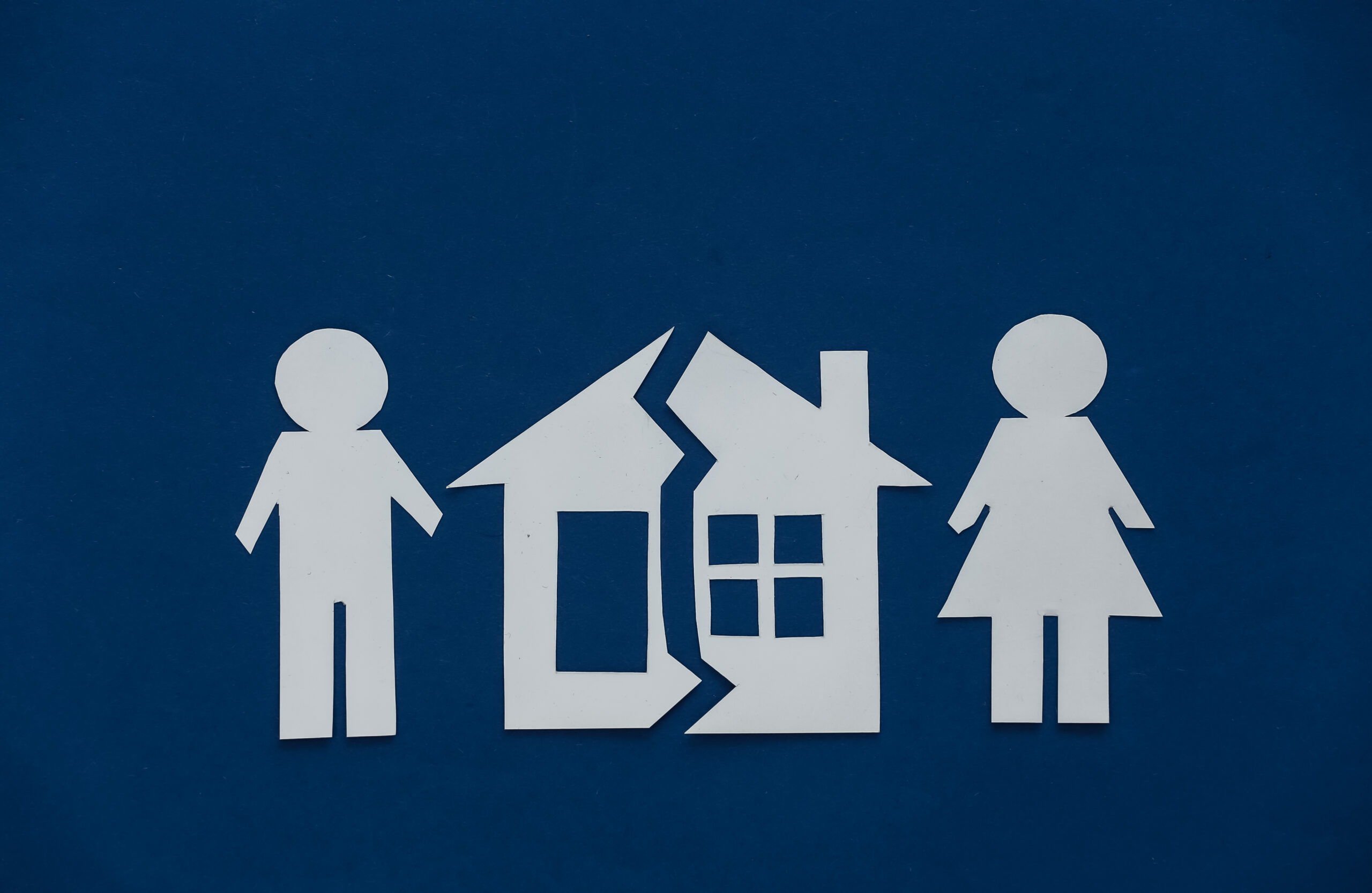
Although coming to a decision to get divorced is often a difficult process, it is the next step of launching proceedings that is the more challenging, and potentially treacherous, road to embark on if one does not know how to properly navigate it. Spouses can often feel that parting ways in a fair manner that doesn’t leave them financially maimed or disadvantaged is a hard thing to achieve, but it is certainly not impossible when keeping some of the following factors in mind.
Communication – The Golden Rule
Generally, the biggest drain on a divorcing couple’s finances is the legal bill that comes hand in hand with prolonged litigation surrounding any disagreements they may have over ‘who gets what’. Child custody is an obvious point of contention here, but the division of any assets owned by spouses is also a very sensitive subject.
As such, if amicable communication has completely broken down when discussing these arrangements, couples will usually begin liaising with each other via the respective solicitors they’ve hired to fight for their case. Solicitors bill on an hourly rate for any work done on behalf of a client and so the cost of having them do this can easily snowball. This, in addition to court fees, can often lead to a divorce costing anywhere from £50k – £100k in total.
It is therefore important to consider what you may be able to do in order to foster open and amicable communication between you and your spouse as you negotiate your financial and child custody arrangements. Mediation can be an excellent avenue to consider in this respect, particularly seeing as this helps to minimise cost while also facilitating mutual compromise and promoting a smoother relational transition from being spouses to co-parents or ex-partners.
Don’t Overlook Your Pension
The general rule for legislation in the financial arrangements of a divorce is that any assets in the name of both spouses (property, savings, investments, furniture, cars etc.) is considered to be part of the ‘marital pot’ which is then divided between spouses. However, this usually also extends to personal assets which are not jointly owned, and this is why many couples opt to agree on a prenup before getting married.
One’s pension can often be overlooked here as other more prominent assets like the family home or joint investments are considered, but it also legally ‘falls into the pot’ to be divided between spouses. As such, it’s important not to underestimate its value given that it often accounts for one of the most significant portions of a couple’s assets.
Pensions are usually dealt with in one of three ways during divorce proceedings:
- Pension Sharing: this involves a portion or the entirety of one spouse’s pensions being transferred to the other and is a sometimes popular option as it allows for a ‘clean break’
- Pension Offsetting: this involves utilising the value of pensions to be ‘offset’ against the value of other assets during negotiations, but it can leave the disenfranchised partner with very little left for their retirement
- Pensions Attachment Orders: this involves one partner having to pay a portion of their pension to the other once pension payments start being made, however, payments only cease when that person dies
Making sure that you plan for and employ a method that best protects your pension should always be a priority when preparing to get a divorce. Your retirement may well depend on it.
Doing Your Paperwork Independently
In the event that you have been able to keep amicable communication between you and your spouse open and consistent, you may also want to consider another avenue to minimise cost – completing and filing your divorce paperwork yourself. This is only advisable however if you have been able to come to a clear-cut agreement with your partner as to how your savings, property(s), pensions, and other possessions will be divided between you when you separate – child custody arrangements obviously also need to have been agreed upon.

Our solicitors at Grayfords have a wealth of experience in dealing with every aspect of the marriage process and understand the legal intricacies of managing divorces, prenups, financial arrangements, and child arrangements. We pride ourselves in being able to assist our clients in dealing with these issues in whatever capacity they choose – whether that’s managing the entire affair or only coming on board for a set task – and can help you to navigate any of the themes mentioned above if they are relevant to you. Don’t hesitate to book a free consultation with one of our legal team to find out more.


